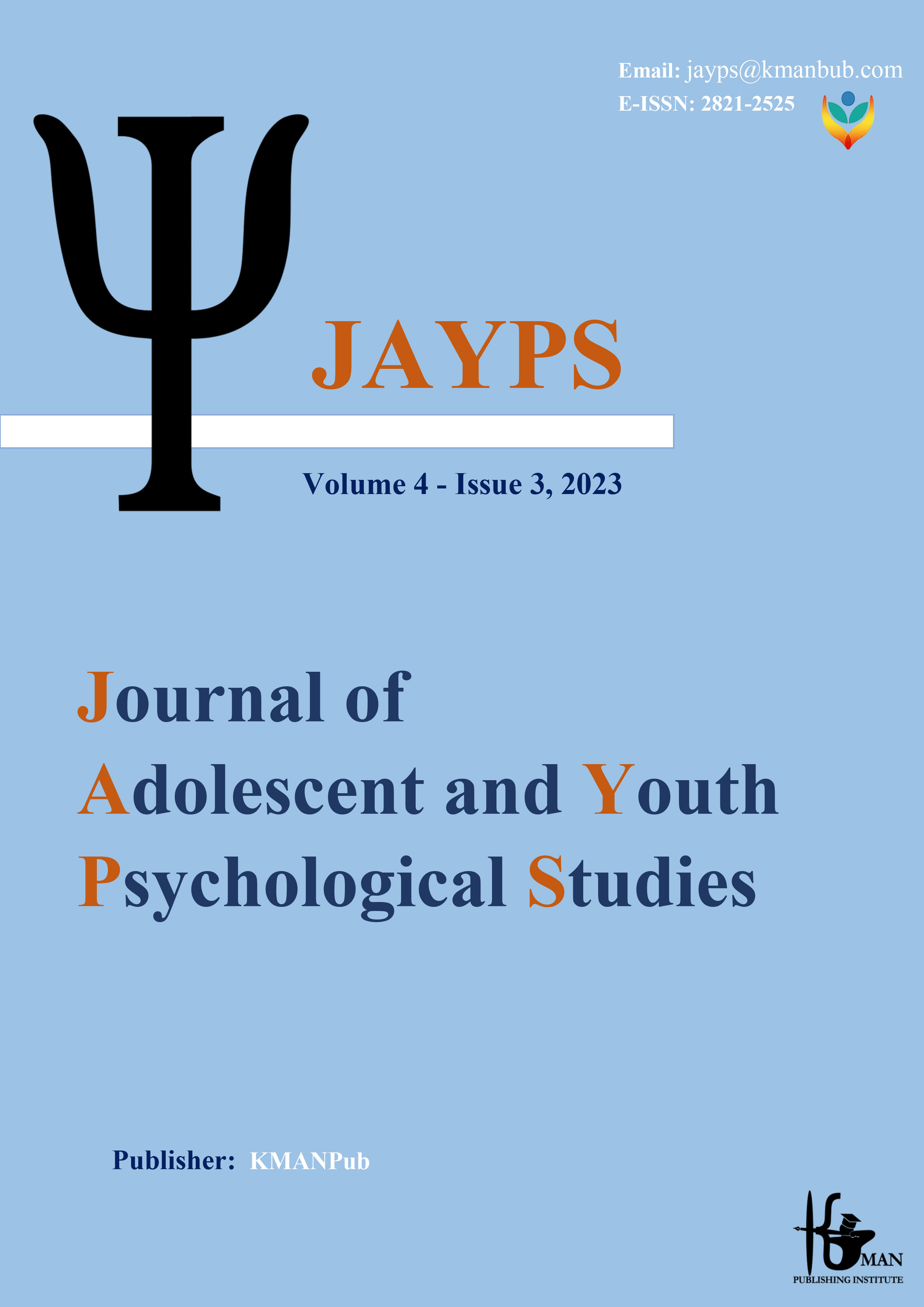Comparing the effectiveness of emotion-oriented couple therapy and acceptance and commitment-based couple therapy on cognitive indicators (experiential avoidance and emotion regulation) in couples affected by extramarital relationships
Keywords:
emotion-oriented therapy, acceptance and commitment therapy, experiential avoidance, emotion regulation, couples, extramarital relationships.Abstract
Background and Aim: Extramarital relationships are among the factors that challenge family health and are the most important factors that threaten the performance, stability and continuity of marital relationships. The purpose of this study was to compare the effectiveness of emotion-oriented couple therapy and acceptance and commitment-based couple therapy on cognitive indicators (experiential avoidance and emotion regulation) in couples affected by extramarital relationships. Methods: The current research was of the type of applied and experimental field designs of pre-test-post-test and follow-up type with the control group. The statistical population studied in this research included all couples affected by extramarital relations who referred to counseling centers in Tehran in 2021, and among them, 60 people were selected by convenience sampling and divided into three groups. Emotion-oriented couple therapy, acceptance and commitment-based couple therapy, and a control group (20 people in each group) were assigned. The data were obtained using the experimental avoidance questionnaire of Bond et al. (2007) and the emotion regulation questionnaire of Granfski, Kraij and Spinhoven (2001). Treatment based on acceptance and commitment based on the package of McKay et al. (2012) and treatment protocol based on emotion-oriented couple therapy (Johnson, 2004) were implemented in ten 90-minute sessions on a weekly basis. The control group did not receive treatment and was put on the waiting list. In line with inferential analysis, variance analysis method with repeated measurement and SPSS.22 software were used. Results: The results showed that between the three groups of emotion-oriented couple therapy, couple therapy based on acceptance and commitment, and the witness group on the cognitive indicators of experiential avoidance (F=54.08) and emotion regulation (F=31.53) There is a statistically significant difference. Experiential avoidance and emotion regulation were lower and higher in the acceptance and commitment therapy group, respectively, at the end of the post-test than the emotion-oriented couple therapy group and the control group (p<0.01). Conclusion: It can be concluded that in terms of effectiveness, acceptance and commitment therapy had the greatest impact on improving the variables of experiential avoidance and emotion regulation.
Downloads
Downloads
Published
Submitted
Revised
Accepted
Issue
Section
License

This work is licensed under a Creative Commons Attribution-NonCommercial 4.0 International License.









